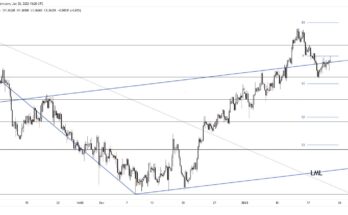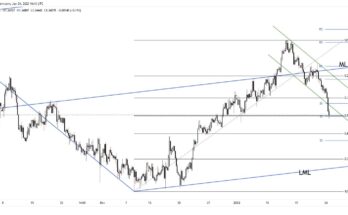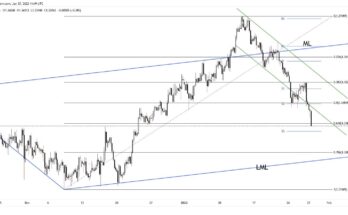As is stands, we are no nearer to seeing the way ahead with regards to Greece as European Finance Ministers gather this week to seek a way ahead on the issue. Greece appears as convinced as ever, judging by the PM’s speech yesterday, that it will not renew the bailout program when it expires at the end of this month and the Greek Fin Min could not even agree that he agreed to disagree with his German counterpart when they met last week. The volatility seen in Greek stocks (especially banks) and bond markets has reflected the ebb and flow of this position. The single currency has moved away from the recent highs on EURUSD, but so far the euro has not fallen out of bed on the back of events in Greece. Other peripheral markets have seen more volatility on their yield premium over Germany, but are far less concerned than was the case during previous phases of Greece tensions (back in 2010 and 2012).
Looking beyond events in Greece, we’ve seen overall levels of volatility in the FX markets remain elevated. This was pretty apparent after the strong US employment report on Friday, especially on USDJPY which pushed up around 1.5% higher in the wake of the release. Not surprisingly, the momentum towards a rate increase from the Fed this year increased as a result and supporting this has been the recovery in market-based inflation expectations measures, helped by the rise in the oil price over recent days. Sterling has also been pretty buoyant, holding above 1.52 on cable, with the commodity currencies (NZD and CAD). The Aussie remains the exception to this after the recent rate cut and indications of slower growth.
Further reading:
EUR/JPY Remains Buy On Dips
SNBomb – Reactions from 75 forex brokers



